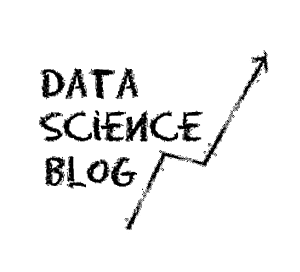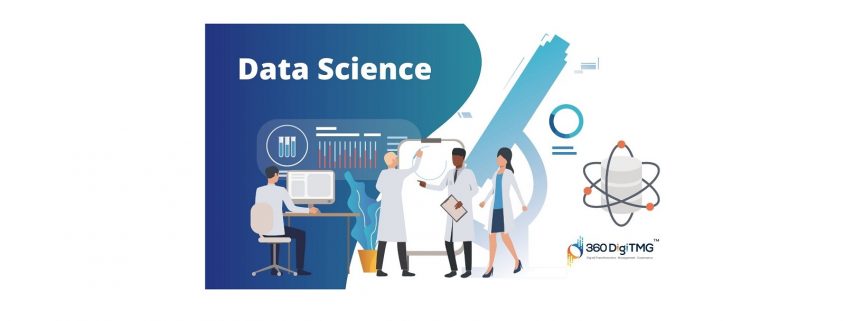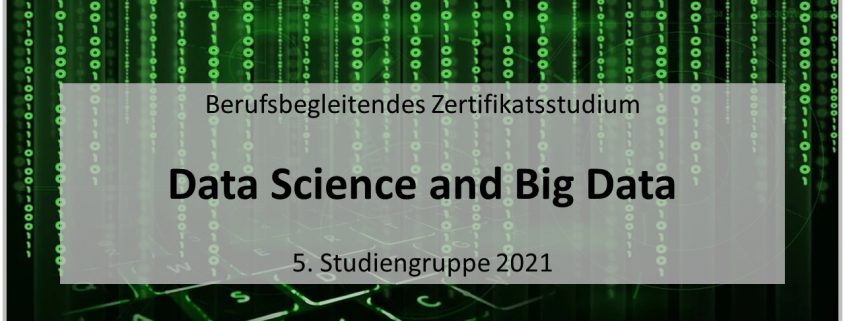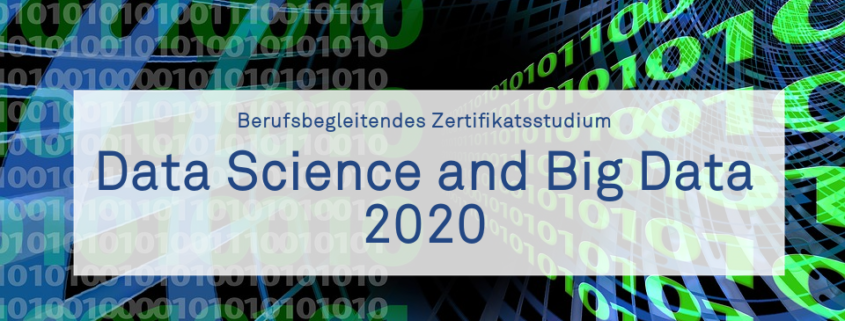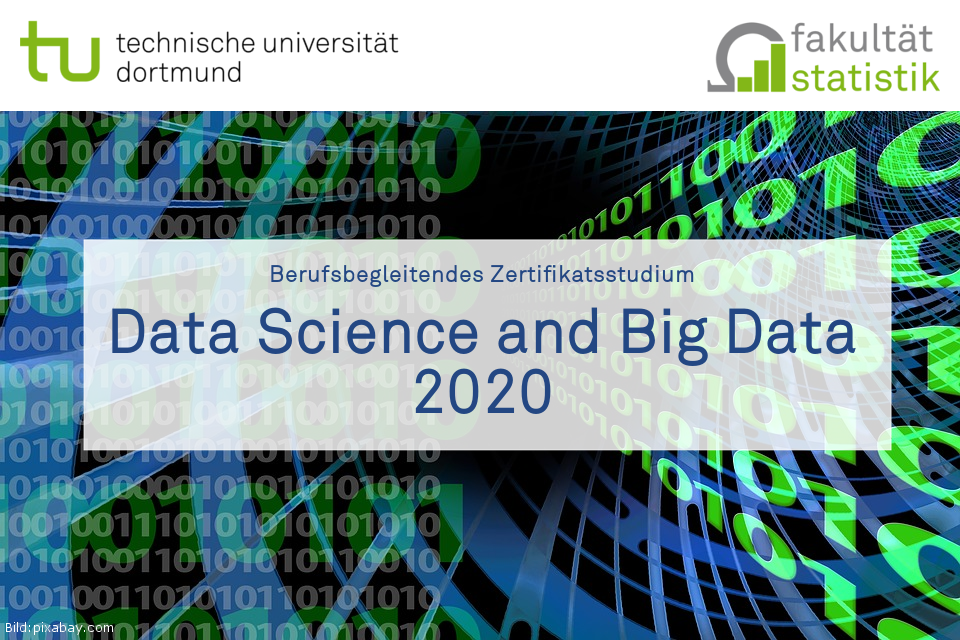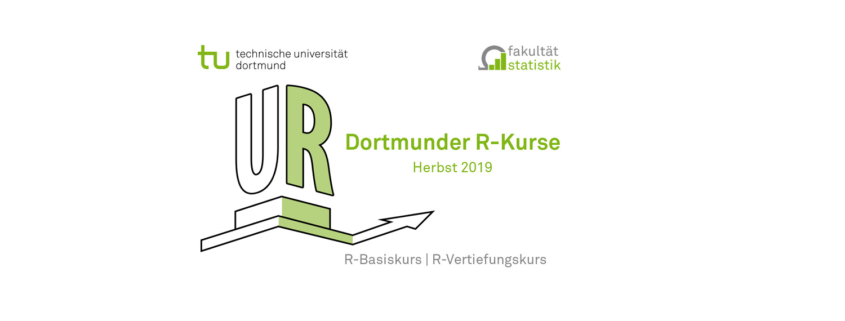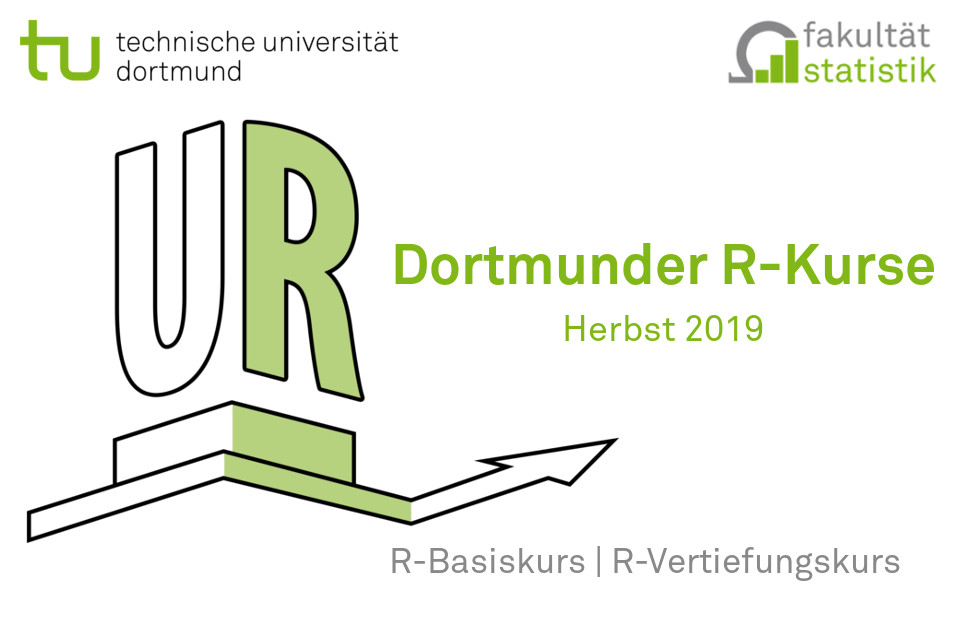Business Analytics refers to the science of collecting, analysing, sorting, processing and compiling various available data pertaining to different areas and facets of business. It also includes studying and scrutinising the information for useful and deep insights into the functioning of a business which can be used smartly for making important business-related decisions and changes to the existing system of operations. This is especially helpful in identifying all loopholes and correcting them.
The job of a business analyst is spread across every domain and industry. It is one of the highest paying jobs in the present world due to the sheer shortage of people with great analytical minds and abilities. According to a report published by Ernst & Young in 2019, there is a 50% rise in how firms and enterprises use analytics to drive decision making at a broad level. Another reason behind the high demand is the fact that nowadays a huge amount of data is generated by all companies, large or small and it usually requires a big team of analysts to reach any successful conclusion. Also, the nature and high importance of the role compels every organisation and firm to look for highly qualified and educated professionals whose prestigious degrees usually speak for them.
An MBA in Business Analytics, which happens to be a branch of Business Intelligence, also prepares one for a successful career as a management, data or market research analyst among many others. Below, we list the top 7 graduate school programs in Business Analytics in the world that would make any candidate ideal for this high paying job.
1 New York University – Stern School of Business
Location: New York City, United States
Tuition Fees: $74,184 per year
Duration: 2 years (full time)
With a graduate acceptance rate of 23%, the NYU Stern School makes it to this list due to the diversity of the course structure that it offers in its MBA program in Business Analytics. One can specialise and learn the science behind econometrics, data mining, forecasting, risk management and trading strategies by being a part of this program. The School prepares its students and offers employability in fields of investment banking, marketing, consulting, public finance and strategic planning. Along with opportunities to study abroad for small durations, the school also offers its students ample chances to network with industry leaders by means of summer internships and career workshops. It is a STEM designated two-year, full time degree program.
2 University of Pennsylvania – Wharton School Business
Location: Philadelphia, United States
Tuition fees: $81,378 per year
Duration: 20 months (full time, including internship)
The only Ivy-League school in the list with one of the best Business Analytics MBA programs in the world, Wharton has an acceptance rate of 19% only. The tough competition here is also characterised by the high range of GMAT scores that most successful applicants have – it lies between 540 and 790, averaging at a very high threshold of 732. Most of Wharton’s graduating class finds employment in a wide range of sectors including consulting, financial services, technology, real estate and health care among many others. The long list of Wharton’s alumni includes some of the biggest business entities in the world, them being – Warren Buffet, Elon Musk, Sundar Pichai, Ronald Perelman and John Scully.
The best part about Wharton’s program structure is its focus on building leadership and a strong sense of teamwork in every student.
3 Carnegie Mellon University – Tepper School of Business
Location: Pittsburgh, United States
Tuition Fees: $67,575
Duration: 18 months (online)
The Tepper School of Business in Carnegie Mellon University is the only graduate school in the list that offers an online Master of Science program in Business Analytics. The primary objectives of the program is to equip students with creative problem solving expertise and deep analytic skills. The highlights of the program include machine learning, programming in Python and R, corporate communication and the knowledge of various business domains like marketing, finance, accounting and operations.
The various sub courses offered within the program include statistics, data management, data analytics in finance, data exploration and optimization for prescriptive analytics. There are several special topics offered too, like Ethics in Artificial Intelligence and People Analytics among many others.
4 Massachusetts Institute of Technology – Sloan School of Management
Location: Cambridge, United States
Tuition Fees: $136,480
Duration: 12 months
The Master of Business Analytics program at MIT Sloan is a relatively new program but has made it to this list due to MIT’s promise and commitment of academic and all-rounder excellence. The program is offered in association with MIT’s Operations Research Centre and is customised for students who wish to pursue a career in the industry of data sciences. The program is easily comprehensible for students from any educational background. It is a STEM designated program and the curriculum includes several modules like machine learning, usage of analytics software tools like Python, R, SQL and Julia. It also includes courses on ethics, data privacy and a capstone project.
5 University of Chicago – Graham School
Location: Chicago, United States
Tuition Fees: $4,640 per course
Duration: 12 months (full time) or 4 years (part time)
The Graham School in the University of Chicago is mainly interested in candidates who show love and passion for analytics. An incoming class at Graham usually consists of graduates in science or social science, professionals in an early career who wish to climb higher in the job ladder and mid-career professionals who wish to better their analytical skills and enhance their decision-making prowess.
The curriculum at Graham includes introduction to statistics, basic levels of programming in analytics, linear and matrix algebra, machine learning, time series analysis and a compulsory core course in leadership skills. The acceptance rate of the program is relatively higher than the previous listed universities at 34%.
6 University of Warwick – Warwick Business School
Location: Coventry, United Kingdom
Tuition Fees: $34,500
Duration: 12 months (full time)
The only school to make it to this list from the United Kingdom and the only one outside of the United States, the Warwick Business School is ranked 7th in the world by the QS World Rankings for their Master of Science degree in Business Analytics. The course aims to build strong and impeccable quantitative consultancy skills in its candidates. One can also look forward to improving their business acumen, communication skills and commercial research experience after graduating out of this program.
The school has links with big corporates like British Airways, IBM, Proctor and Gamble, Tesco, Virgin Media and Capgemini among others where it offers employment for its students.
7 Columbia University – School of Professional Studies
Location: New York City, United States
Tuition Fees: $2,182 per point
Duration: 1.5 years full time (three terms)
The Master of Sciences program in Applied Analytics at Columbia University is aimed for all decision makers and also favours candidates with strong critical thinking and logical reasoning abilities. The curriculum is not very heavy on pure stats and data sciences but it allows students to learn from extremely practical and real-life experiences and examples. The program is a blend of several online and on-campus classes with several week-long courses also. A large number of industry experts and guest lectures take regular classes, conduct workshops and seminars for exposing the students to the real-world scenario of Business Analytics. This also gives the students a solid platform to network and broaden their perspective.
Several interesting courses within the paradigm of the program includes storytelling with data, research design, data management and a capstone project.
The admission to every school listed above is extremely competitive and with very limited intake. However, as it is rightly said, hard work is the key to success, one can rest guaranteed that their career will never be the same if they make it into any of these programs.
